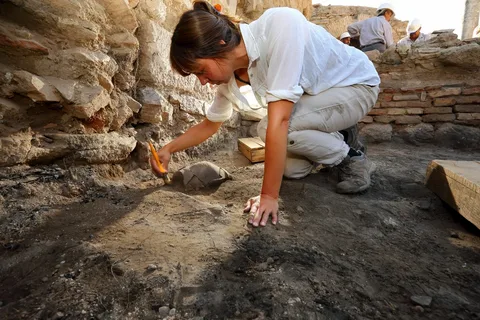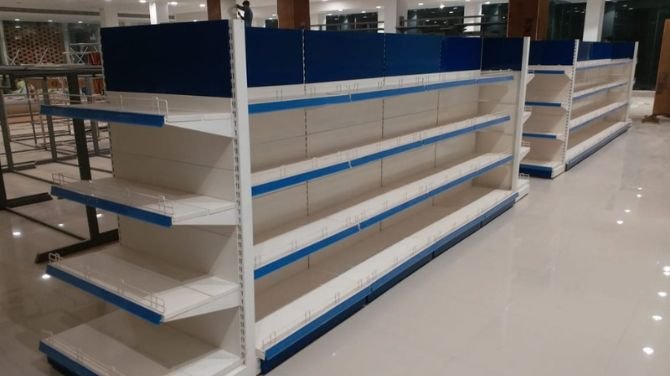consulting archaeology services:The Importance of Consulting Archaeology in Heritage Preservation and Development
consulting archaeology services.Archaeology, often viewed through the lens of adventure and discovery, plays a vital role in understanding our history and preserving cultural heritage. However, in today’s world of rapid development and urbanization, archaeology also serves a practical purpose. Consulting archaeology has emerged as a crucial field that connects the preservation of historical sites with modern construction and development needs. This article delves into the role of archaeological consultants, their importance in heritage management, and how they navigate the complex intersection of history and progress.
Understanding Consulting Archaeology
Consulting archaeology involves the assessment, management, and preservation of archaeological resources in the context of development projects. Archaeological consultants work with developers, government agencies, and other stakeholders to ensure that cultural heritage sites are identified, preserved, or appropriately managed before construction begins. Their expertise is essential in navigating the legal and ethical implications of working with historical and cultural resources.
These professionals conduct cultural resource management (CRM) assessments, which include archaeological surveys, site evaluations, and mitigation strategies. The goal is to protect significant archaeological sites while allowing for responsible development that benefits communities.
The Importance of Archaeological Consultants
- Legal Compliance: In many regions, laws and regulations mandate the protection of cultural heritage resources. This includes compliance with national and local heritage legislation. Archaeological consultants help developers navigate these legal requirements, ensuring that projects meet necessary obligations to avoid fines, delays, or legal challenges.
- Preservation of Cultural Heritage: Consulting archaeology plays a crucial role in preserving cultural heritage. By identifying and documenting archaeological sites, consultants ensure that valuable historical resources are protected for future generations. They work to mitigate potential damage by suggesting alternative project designs or implementing preservation measures.
- Community Engagement: Archaeological consultants often engage with local communities, particularly Indigenous groups, to gain insights into culturally significant sites. Building relationships with these communities fosters collaboration, enhances the understanding of local history, and promotes respect for cultural traditions.
- Economic Benefits: Investing in consulting archaeology can save developers money in the long run. By identifying potential archaeological issues early in the planning process, consultants help avoid costly delays and changes during construction. Additionally, preserving cultural heritage can enhance property values and attract tourism, benefiting local economies.
The Process of Consulting Archaeology
The process of consulting archaeology typically involves several key steps:
- Project Planning and Initial Assessment: When a development project is proposed, the first step is to conduct an initial assessment. This involves reviewing existing records, historical maps, and previous archaeological findings in the area. Consultants evaluate the likelihood of significant archaeological resources being present and determine the scope of further investigation.
- Field Surveys and Excavations: If the initial assessment indicates the potential for archaeological resources, consultants conduct field surveys. This may involve surface inspections, subsurface testing, and, in some cases, full-scale excavations. The goal is to identify and document any archaeological artifacts, features, or structures.
- Data Analysis and Reporting: After fieldwork, the collected data is analyzed to assess the significance of the findings. Archaeological consultants prepare detailed reports summarizing their findings, which are submitted to relevant authorities and stakeholders. These reports often include recommendations for preservation or mitigation measures.
- Mitigation Strategies: If significant archaeological resources are discovered, consultants work with developers to develop mitigation strategies. These may include altering project designs to avoid impacting sites, conducting further archaeological excavations, or implementing protective measures during construction.
The Challenges of Consulting Archaeology
While consulting archaeology is vital for preserving cultural heritage, it also presents several challenges:
- Time Constraints: Development projects often operate on tight timelines, making it challenging to conduct thorough archaeological assessments without causing delays. Archaeological consultants must balance the need for comprehensive assessments with the demands of construction schedules.
- Budget Constraints: Limited budgets can hinder the extent of archaeological investigations. Developers may prioritize cost savings over thorough assessments, which can lead to insufficient documentation of significant sites.
- Balancing Interests: Archaeological consultants must navigate the interests of various stakeholders, including developers, government agencies, and local communities. Finding common ground while advocating for the preservation of cultural resources can be a complex task.
- Public Awareness and Education: Raising awareness about the importance of consulting archaeology is crucial. Many stakeholders may not fully understand the value of preserving cultural heritage, which can lead to resistance or indifference toward archaeological assessments.
Innovations in Consulting Archaeology
The field of consulting archaeology is evolving with advancements in technology and methodology. Some innovations include:
- Geographic Information Systems (GIS): GIS technology allows consultants to analyze spatial data and create detailed maps of archaeological sites. This enhances the ability to assess potential impacts and make informed decisions regarding preservation.
- Remote Sensing: Techniques such as aerial photography, LiDAR (Light Detection and Ranging), and ground-penetrating radar (GPR) enable consultants to identify archaeological features without invasive excavations. These technologies help in the early detection of sites, streamlining the assessment process.
- Public Engagement through Technology: Virtual reality (VR) and augmented reality (AR) tools are being used to engage the public in archaeological findings. These technologies can create immersive experiences that educate communities about their cultural heritage and the importance of preservation.
Conclusion
Consulting archaeology plays a vital role in bridging the gap between preserving our cultural heritage and meeting the demands of modern development. By ensuring compliance with legal requirements, engaging with local communities, and employing innovative technologies, archaeological consultants help protect significant historical resources while facilitating responsible development.
As we continue to build and expand our urban landscapes, the work of consulting archaeologists becomes increasingly important. They remind us that our past is not merely a collection of artifacts but a rich tapestry of stories that shape our identity and guide our future. For developers and stakeholders, recognizing the value of consulting archaeology is not only an ethical responsibility but also an opportunity to contribute to the legacy of our shared history.
For more information on how consulting archaeology can benefit your next project, reach out to experienced archaeological consultants who can guide you through the process and help preserve your community’s heritage.






